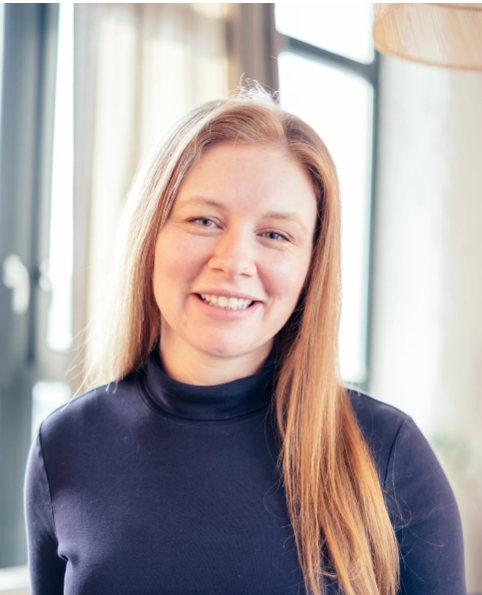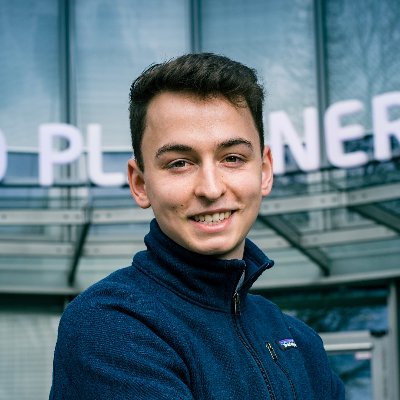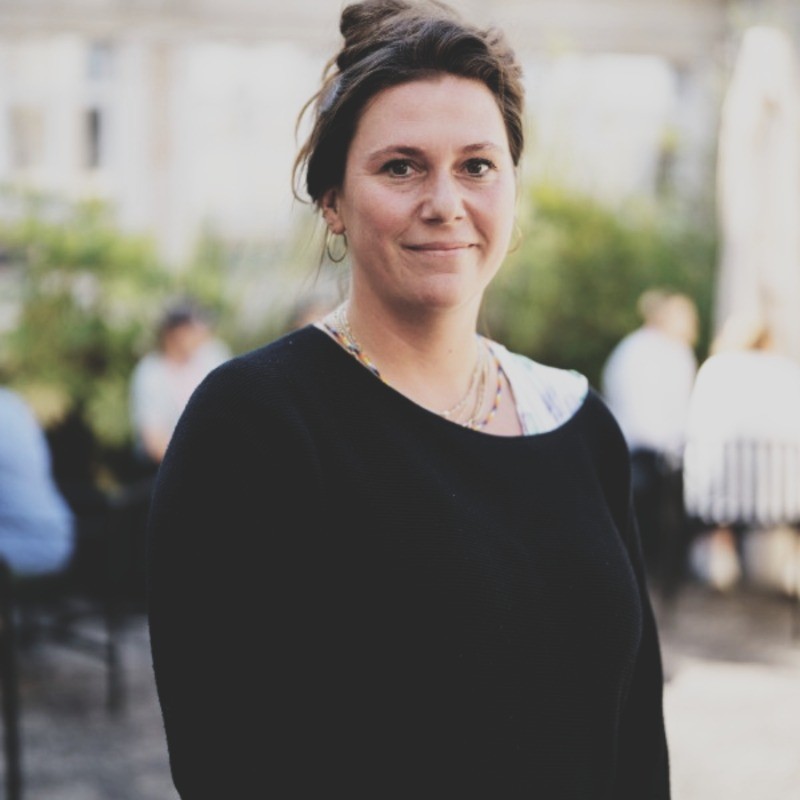Schedule
Thursday 19.06 - AI Talks
All times are displayed in CEST (GMT+2) time zone
Breakfast
Opening Words
Whose code is it anyway? Machine Sympathy and Carbon-conscious programming in a Prompt-Driven World.

Jessica Greene
Senior Machine Learning Engineer @ Ecosia.org
Break 10 minutes
LangChainGo Past, Present, and Future: Building the Go LLM Ecosystem

Travis Cline
Founding Engineer and Architect at Brev, AI Engineer, Open Source AI hacker
Break 10 minutes
About Processes and (Multi-)Agents

Christian Warmuth
Senior AI Developer at SAP Signavio | Lecturer at openHPI
Lunch Break
The Go MCP SDK

Jonathan Amsterdam
Go Team Developer, Google
Break 10 minutes
How AI Is Redefining the Startup Journey

Pati Jurek
Senior Program Manager, Google Accelerator Europe, Regional Lead

